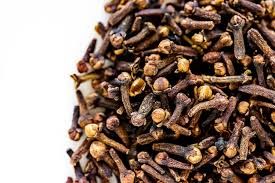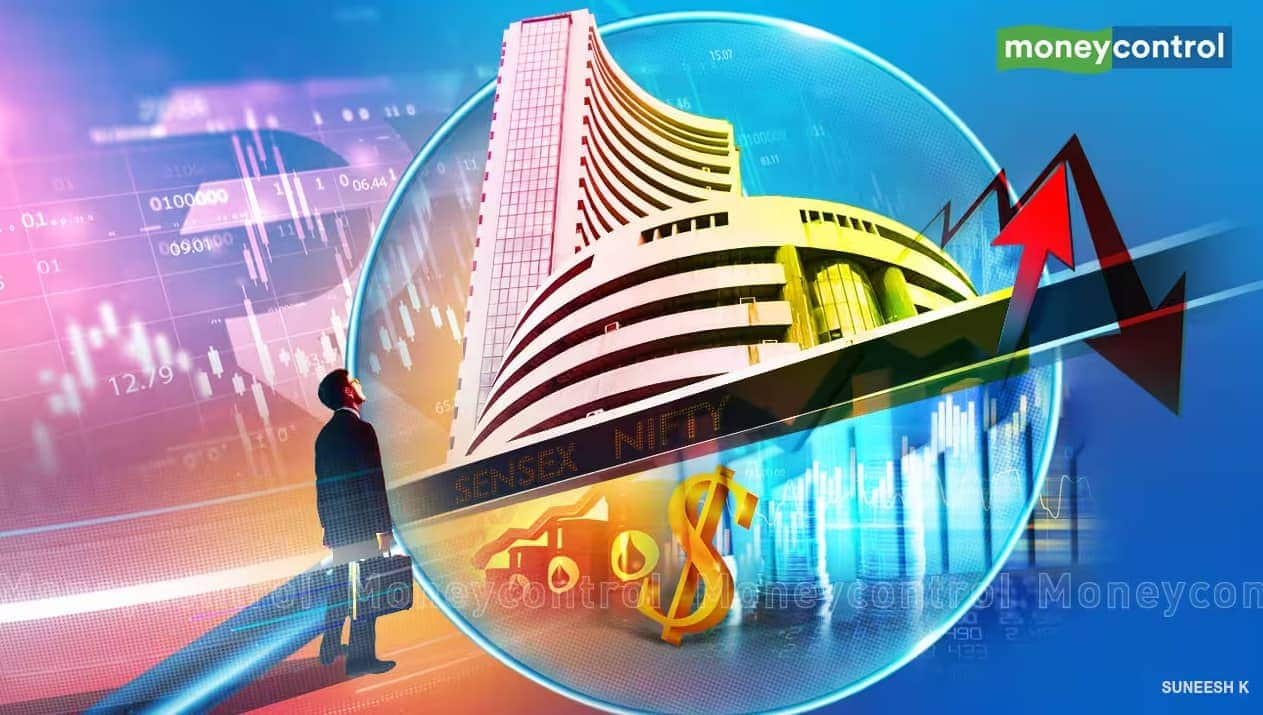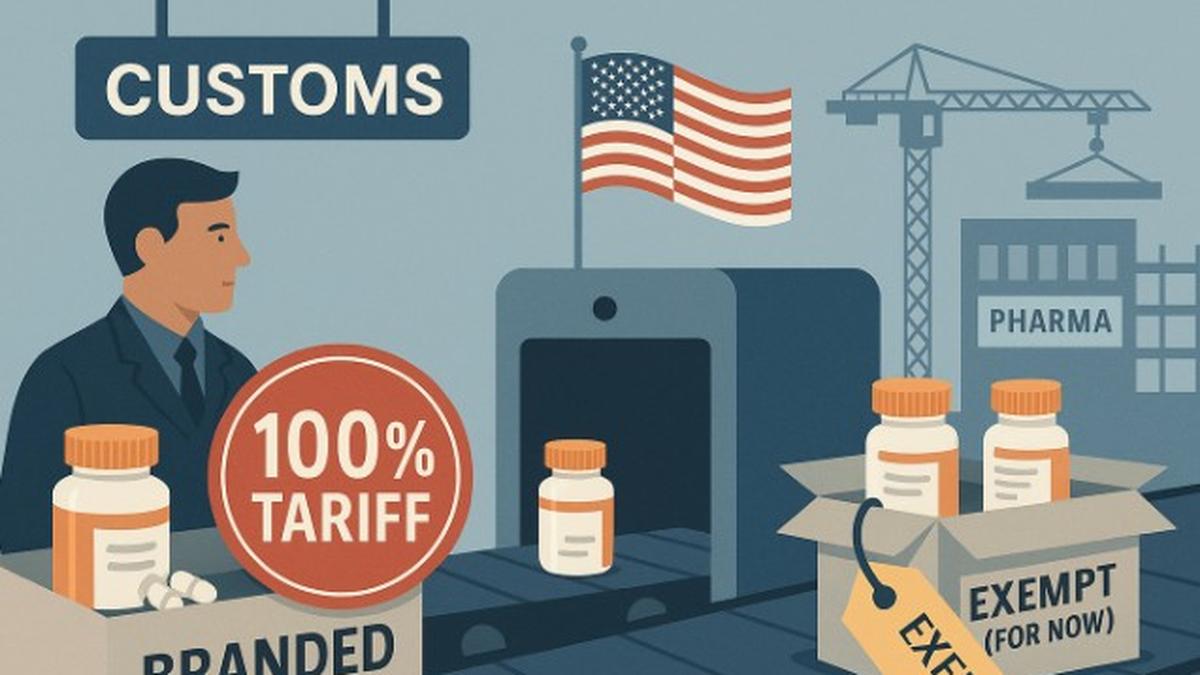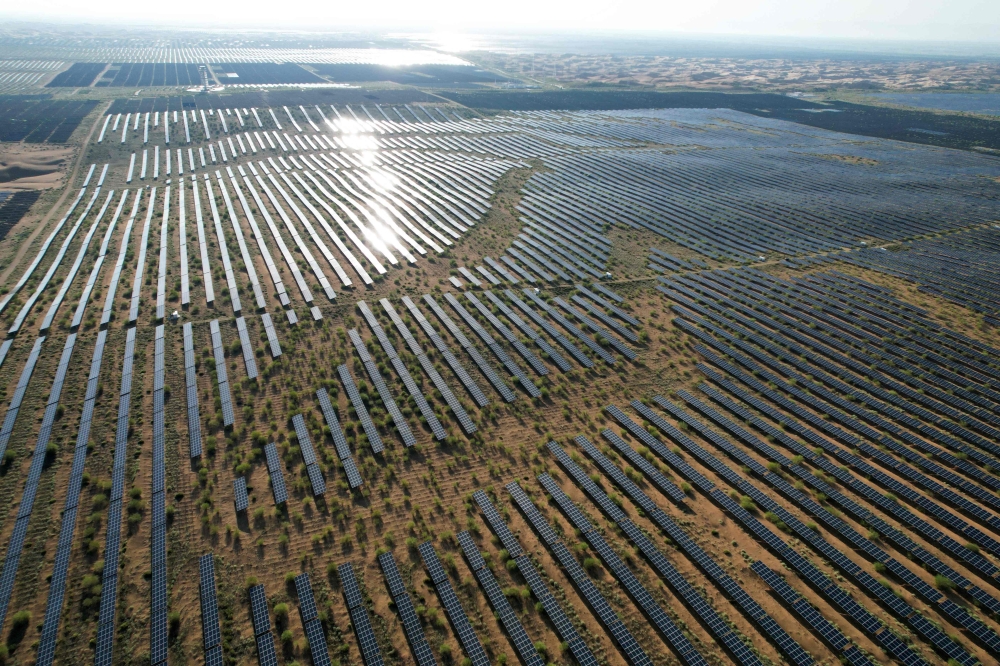China’s Soybean Boycott Puts US Farmers in a Desperate Situation!

In a shocking twist that could change the landscape of American agriculture, China has halted its soybean purchases, leaving farmers like Caleb Ragland in a state of panic. As the combine hums along the rows of leafy plants in Magnolia, Kentucky, the weight of uncertainty looms heavy. This isn’t just a bad season for Ragland; it’s a potential catastrophe for the entire soybean industry.
Traditionally, China has been a massive market, gobbling up around a quarter of all US-grown soybeans. However, in a striking retaliatory move against the high tariffs imposed by President Trump on Chinese imports, Beijing is effectively boycotting American soybeans. It’s a strategic gamble on their part, aiming to strengthen their position in ongoing trade negotiations.
“This is a five-alarm fire for our industry,” warns Ragland, who also heads the American Soybean Association. The stakes have never been higher as farmers face the grim reality of not just this year's harvest, but the very survival of their businesses. Many have relied on China's once insatiable demand, and now that dependence feels like a ticking time bomb.
While Ragland and his fellow farmers remain hopeful for a resolution, there’s an undeniable shift in sentiment. The long-standing loyalty that many rural Americans felt towards Trump will soon be put to the test, especially if there’s no swift resolution to this trade debacle. Farmers are anxiously awaiting news of potential government aid packages, reminiscent of the support during Trump's first term, but they recognize that this is only a temporary lifeline, not a sustainable solution.
As U.S. and Chinese officials continue to tussle through multiple rounds of trade negotiations, which have occurred from May to September, the outlook for soybean exports remains bleak. Jim Sutter, CEO of the U.S. Soybean Export Council, echoes Ragland's fears: “I’m honestly getting worried that the time is running out.” With harvest season in full swing, every passing day adds to the anxiety felt by American soybean farmers.


























